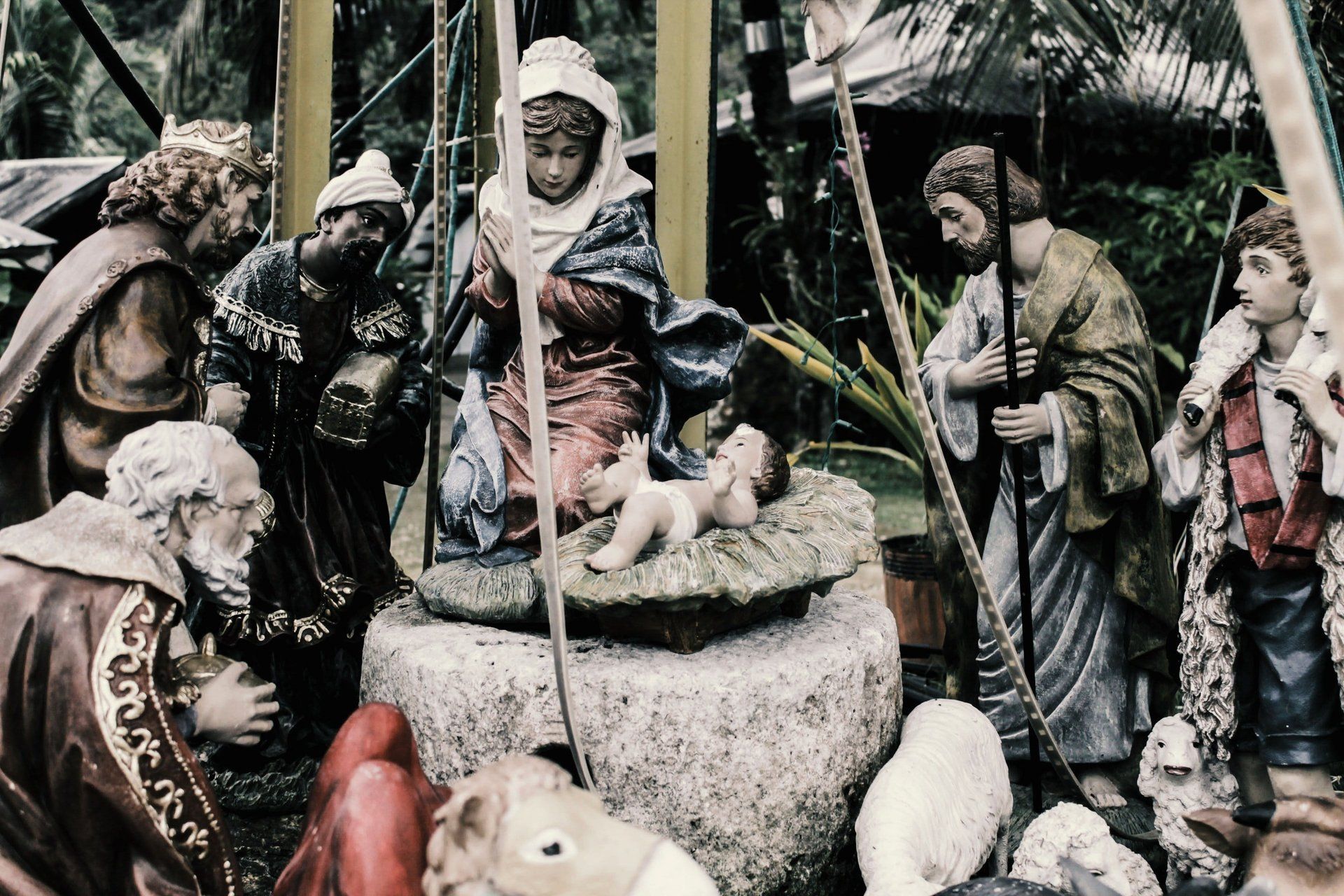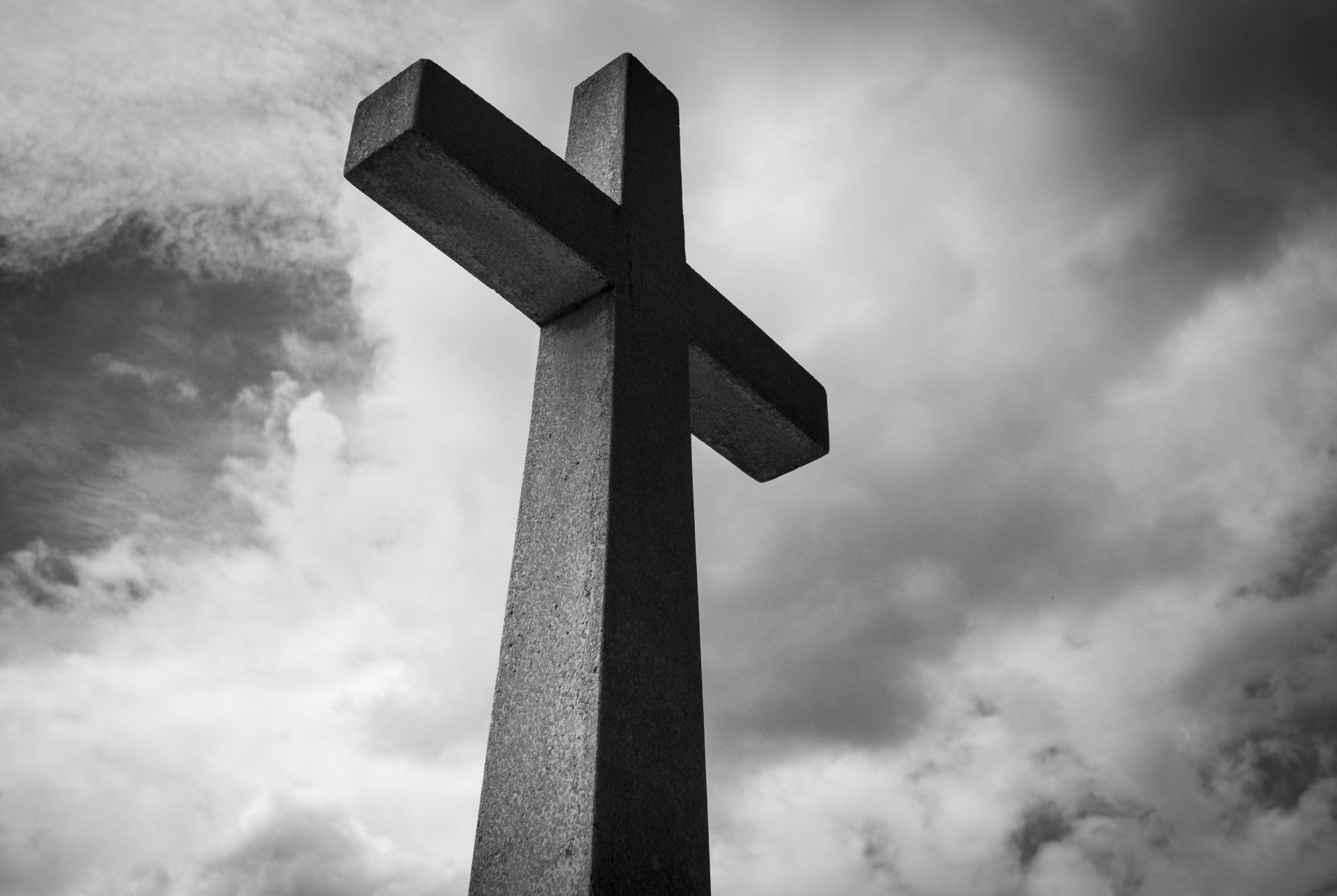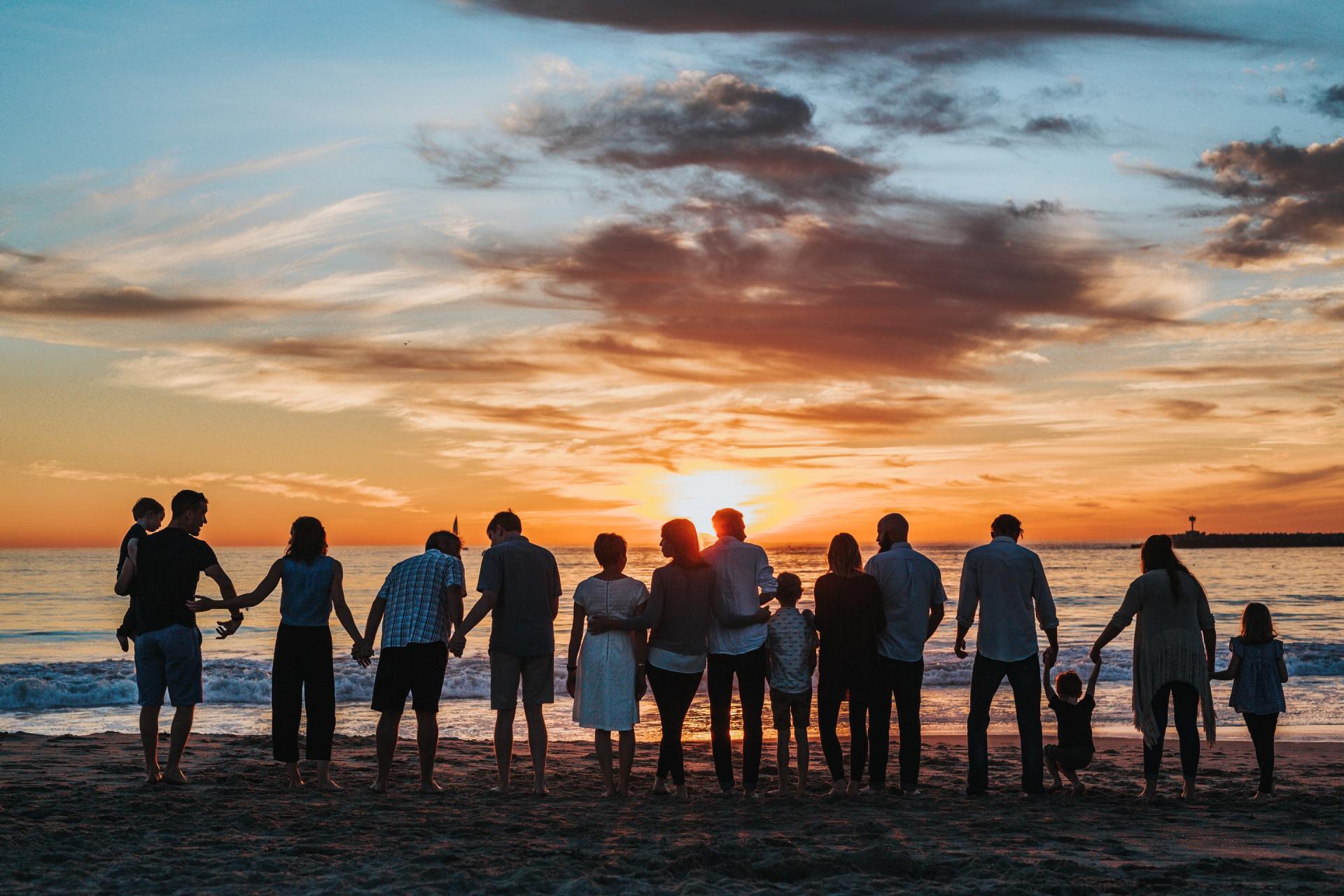






There is a lot of discussion in popular media about work-life balance. A lot of young adults entering the job market hope to find purpose in work. This is a controversial topic. Are they expressing a reasonable concern or just lazy. Perhaps both outlooks are inadequate. Maybe we all need to ask a larger question; who am I and why am I here? As Christians we need to remember that part of Christ’s mission is to answer that question. In the words of the Second Vatican Council, “Christ, in the very revelation of the mystery of the Father and of his love, fully reveals us to ourselves and brings to light our most high calling.1” Think about everything Christ said and did, everything we know from Sacred Scripture and Church Teaching. What is the one most important truth Christ has given us?
The answer surprises most people. Let me quote the Catechism of the Catholic Church, “The mystery of the Most Holy Trinity is the central mystery of Christian faith and life. It is the mystery of God in himself.2” The fundamental belief that the one God is the unity of three Divine Persons is revealed by Christ, “It pleased God, in his goodness and wisdom, to reveal himself and to make known the mystery of his will. His will was that we should have access to the Father, through Christ, the Word made flesh, in the Holy Spirit, and thus become sharers in the divine nature.3”
There is a common misconception about the Holy Trinity that impoverishes Christianity. That is the idea that the nature of God, the life of God, is beyond human comprehension, and therefore is not relevant to our lives. The Trinity is a mystery, so we don’t need to think about it. Christ didn’t take on our human condition to teach abstract theological concepts. Everything He tells us is something we need to know. He is here to save us, to offer us a family relationship with God, and, as we heard, “a share in His divine nature.” When Christ reveals to us the inner life of God, He tells us something about who we are and what our lives mean. A theme throughout Sacred Scripture and a fundamental belief of Christianity is that each human being is created in the image and likeness of God4. When Christ reveals God to us, He reveals us to ourselves.
St John in his first letter tells us that God is love (1 John 1:5, 4:8). The relationship between Father, Son and, Holy Spirit establishes their eternal unity while defining their unique identity5, “God’s very being is love. God himself is an eternal exchange of love, Fa-ther, Son, and Holy Spirit, and He has destined us to share in that exchange.6” The image of God within us, the foundation for our life purpose, is love. Our misunderstanding of love brings division and suffering into the world. Our culture teaches us to love those things that give us pleasure, even when those things are people. St John Paul II wrote in his insightful book, “Love and Re-sponsibly” that the opposite of love is not hate. The opposite of love is use, to use a human being as an object for gratification.
Our relationships are what give our lives purpose. That is the image of God we carry. Our purpose in life, although unique to each individual, is founded on relationships lived in harmony with that image. We lose touch with that image when we start to attach more meaning to work, experience, possessions, money, than to people. Losing touch with the image is losing touch with God and ourselves. Christ is here to show us who we are and our supreme calling. At the Last Supper Christ said to the apostles, and to you and me, “If you abide in me, and my words abide in you, ask whatever you will, and it shall be done for you. By this my Father is glorified, that you bear much fruit, and so prove to be my disciples.” (John 15:7 – 8).
The two things that matter in strong relationships are presence and communication. That is what Christ does for us. Christ is here for us in the sacramental life of the Church, especially the Mass. Christ speaks to us in the words of Sacred Scripture and the teaching of the Church. If we really think about all the teachings of the Catholic Church, especially the most controversial, they are all about living our relationships, our very lives in harmony with the image of God we carry. Real relationships are reciprocal. Our response to the offer Christ gives us is to meet Him where He is, in the sacraments, Mass and Confession. That is what it means to abide in Him and have Him abide in us. When what we want in life is what God wants for us, “ask whatever you will, and it shall be done for you. By this my Father is glorified, that you bear much fruit, and so prove to be my disciples.”
Wherever we are, whatever we are doing, washing clothes, pouring concrete, making a meal, a spreadsheet, a speech, caring for a child or an elder, if we abide in Christ and His word abides in us, we are faithful to that image of God we carry and find purpose and meaning.






All Rights Reserved | St. Rose of Lima